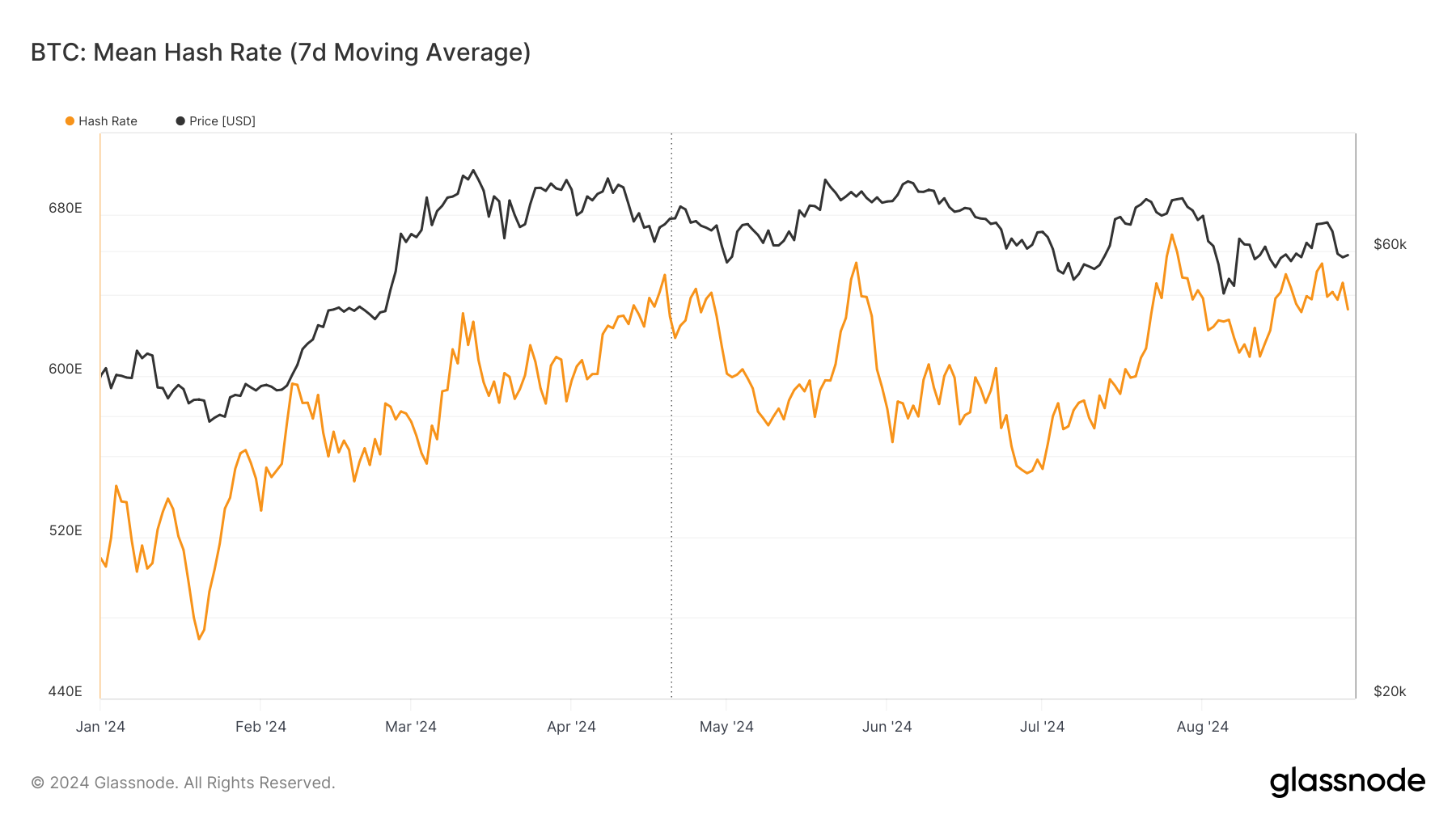
Digital assets are actively used in trading, where people use a crypto value calculator for quick and efficient swapping of different crypto and fiat currency to make money on their rate changes. Another, less adopted, way of using crypto coins is the same as traditional money we use daily for buying things and paying for services.
So let’s see how cryptocurrency payment systems work.
How do Bitcoin Transactions Work?
Here is an algorithm:
- The sender and recipient both create Bitcoin wallets.
- The sender initiates a transaction by specifying the recipient’s Bitcoin address and the amount they want to send.
- The sender’s wallet generates a digital signature using their private key to authenticate and authorize the transaction.
- The sender’s wallet broadcasts the signed transaction to the Bitcoin network.
- Transaction verification.
- Validated transactions are grouped into blocks and added to the blockchain through a process called mining.
- Miners engage in the resolution of intricate math tasks to safeguard the block and guarantee its unalterability.
- The receiver’s wallet obtains the transaction particulars via the network and verifies the inclusion of the transaction within a block.
- The receiver’s wallet enhances the recipient’s balance by incorporating the received sum.
How Do Cryptocurrency Payment Systems Affect Traditional Markets?
Since its creation, a crypto payment network has greatly impacted traditional payment systems. Here are some important ways in which cryptocurrency payment systems have influenced and transformed traditional payment methods:
- Decentralization enables peer-to-peer transactions without the need for a centralized authority. This challenges the traditional banking system’s dominance in the area of money transfers.
- Regardless of their location, transactions can be executed within minutes or even seconds.
- Reduced transaction costs since they remove intermediaries from the equation.
- Cryptocurrencies have the potential to provide financial services to unbanked or underbanked populations worldwide. Individuals can participate in the global economy using just a smartphone and an internet connection.
- Cryptocurrency payment systems use complex coding techniques to safeguard transactions and ensure the privacy of their users.
- Cryptocurrencies have stimulated innovation within the financial sector.
Cryptocurrencies have caused notable alterations to conventional payment methods, but there are still obstacles to overcome. Issues such as price volatility, regulatory concerns, scalability, and energy consumption associated with certain cryptocurrencies need to be addressed for wider adoption and integration with existing systems. Nonetheless, cryptos have undeniably sparked a paradigm shift in the way we perceive and conduct financial transactions.



